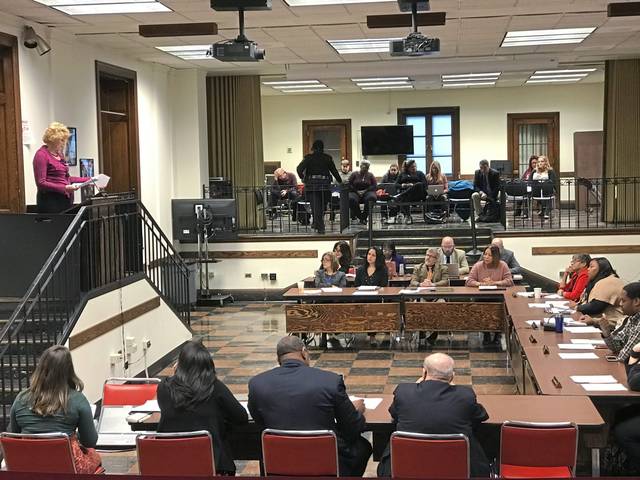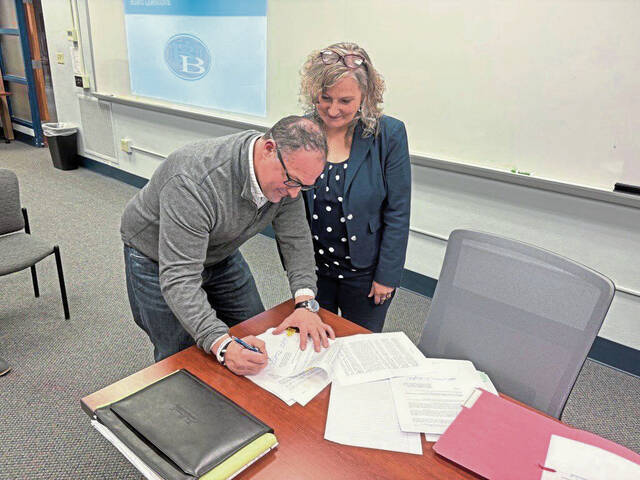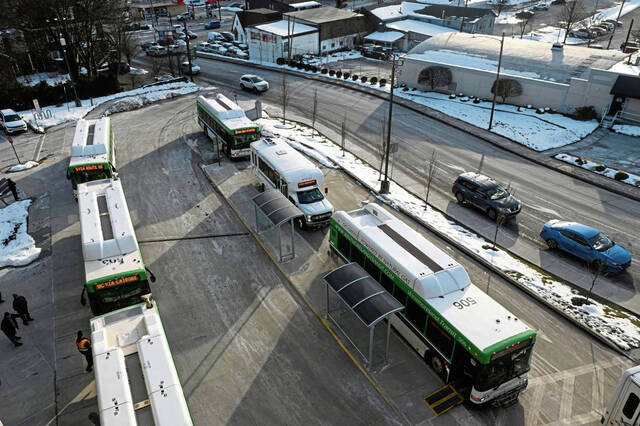It should not cost more to teach math in Squirrel Hill than it does in New Kensington.
It should not be more expensive to teach history in Hempfield than in Jeannette.
It should not take more money to teach reading in Upper St. Clair than in Clairton.
But geography ends up being the deciding factor in school district budgets because the purse strings are tied to property taxes, putting a disproportionate burden on people whose largest — sometimes only — asset is their home.
There has to be a better way.
How much opportunity a smart kid has to bloom and grow should not be tethered to the size of the lawns in her neighborhood. How much help a challenged kid can access shouldn’t be limited by property values.
It is important because it is a self-fulfilling prophecy. Shortchange the educational capital available to those kids today and they will fall short on the economic return they can generate tomorrow.
On Saturday, Democratic presidential candidates addressed public school funding in a nationally televised forum in Downtown Pittsburgh. They spoke to increased federal funding for things like Title I money for high-poverty schools and money for special needs students and special education.
That’s good, but Pennsylvania is where the real overhaul has to happen, because Pennsylvanians have been crying out for relief and reform for decades. It was supposed to come with legalized gambling and yet taxpayers keep facing higher stakes and no jackpots.
It is easy to look at Pittsburgh Public Schools with its money troubles and Penn Hills School District with its management woes and ascribe them as isolated issues that are the problem of those taxpayers. But all taxpayers pay for those pitfalls when a district requires a bailout from the state.
Every school district — even those with big-ticket neighborhoods — faces the challenges of pension funding, special education costs, the expense of evolving technology and the perennial scourge of unfunded mandates that trap local communities into required action without providing the money to do the job.
Education is too important to workforce development, economic growth and the bedrock of future taxpaying that will help care for an ever aging population to not find a way to better support it.
Maybe the property tax wheel doesn’t need to be reinvented, but smoothing out the ruts in the funding road would make those tires last longer.








